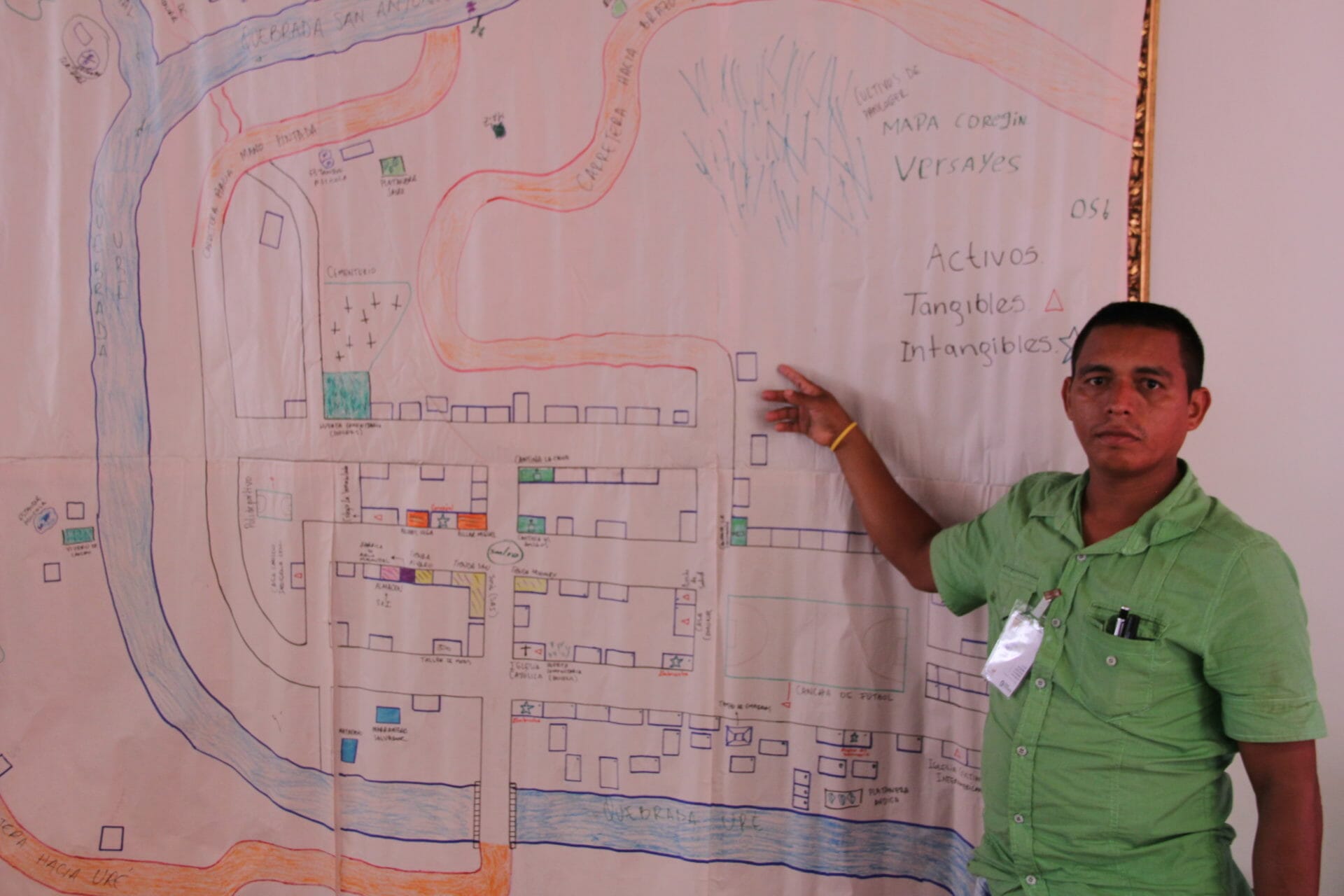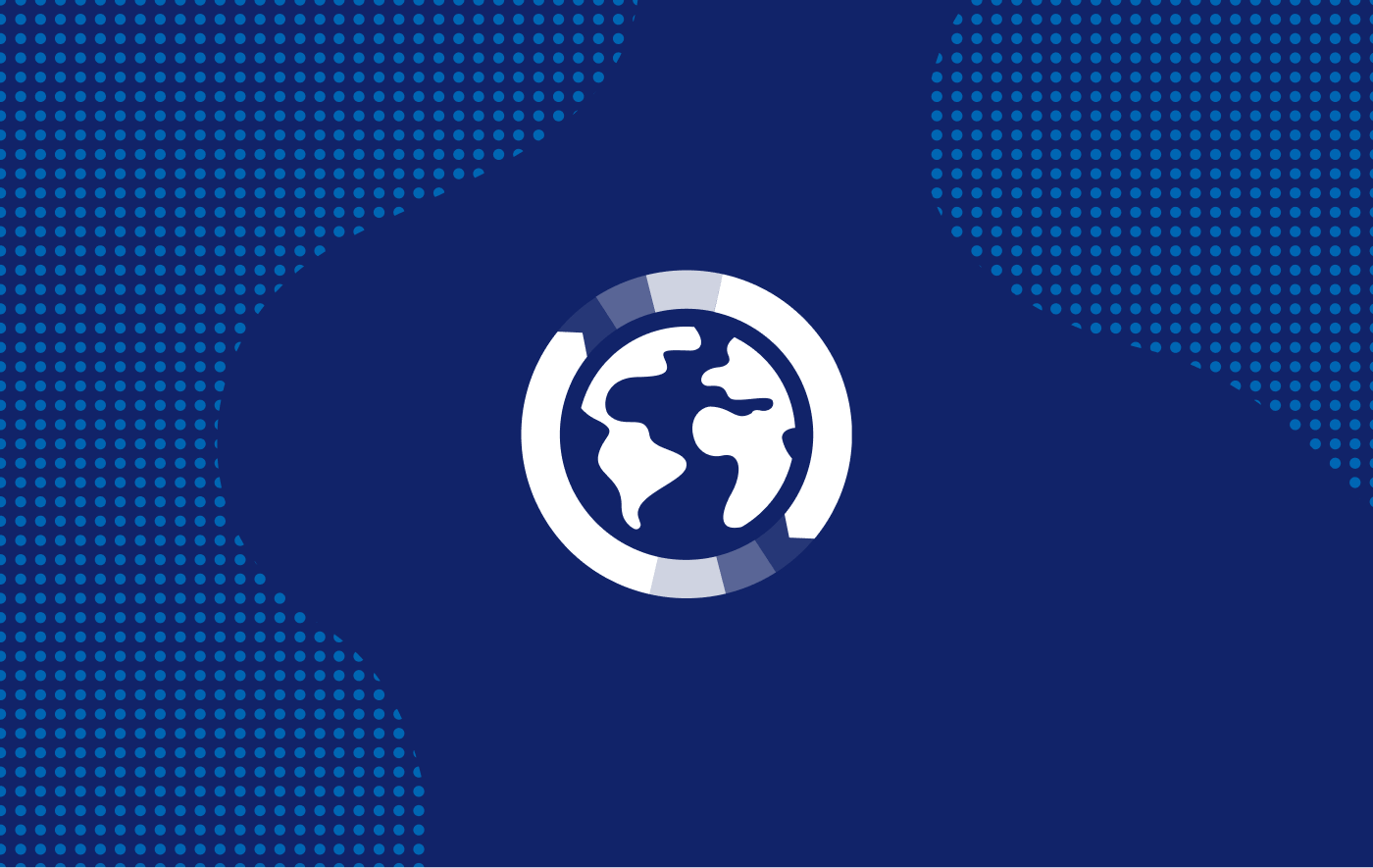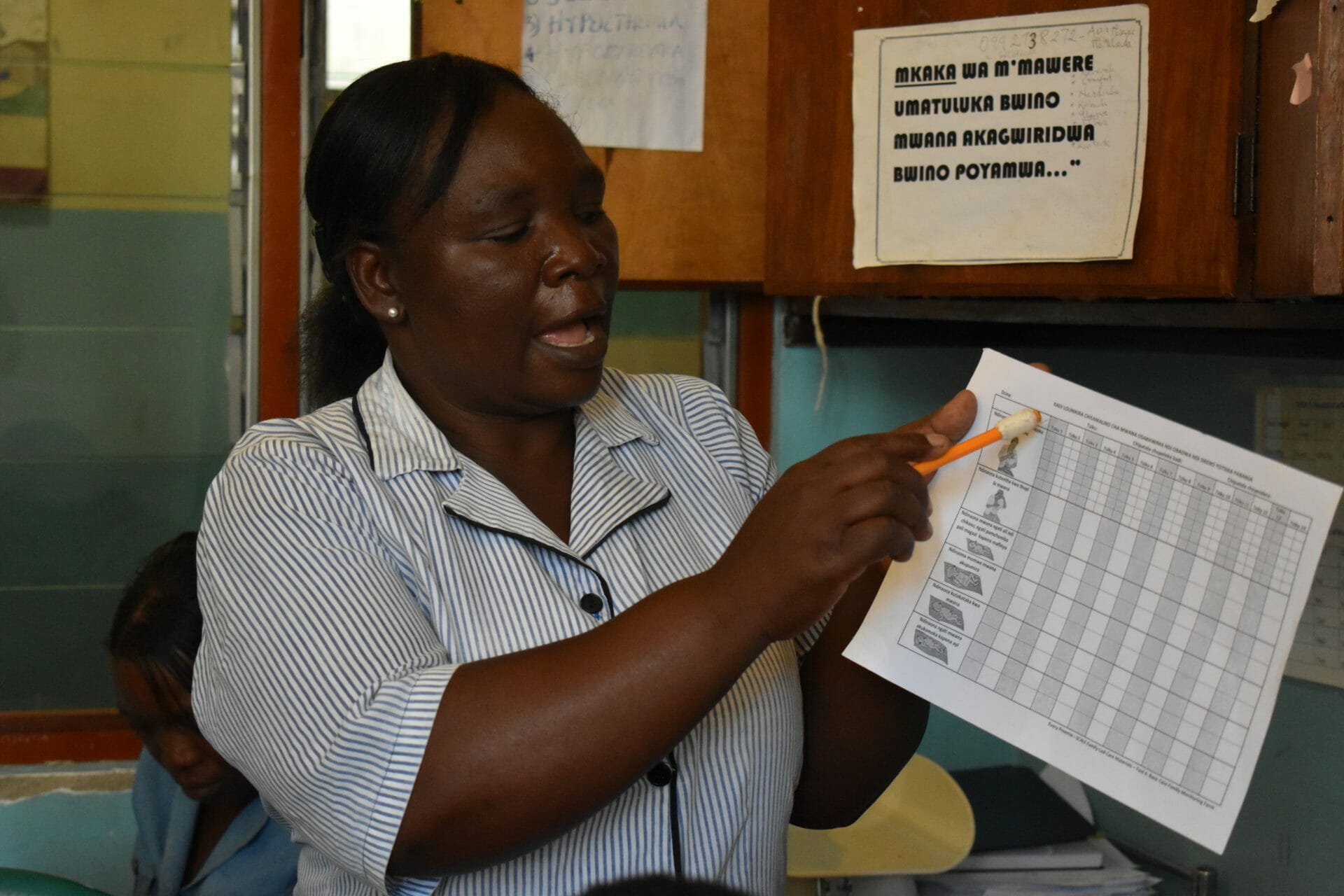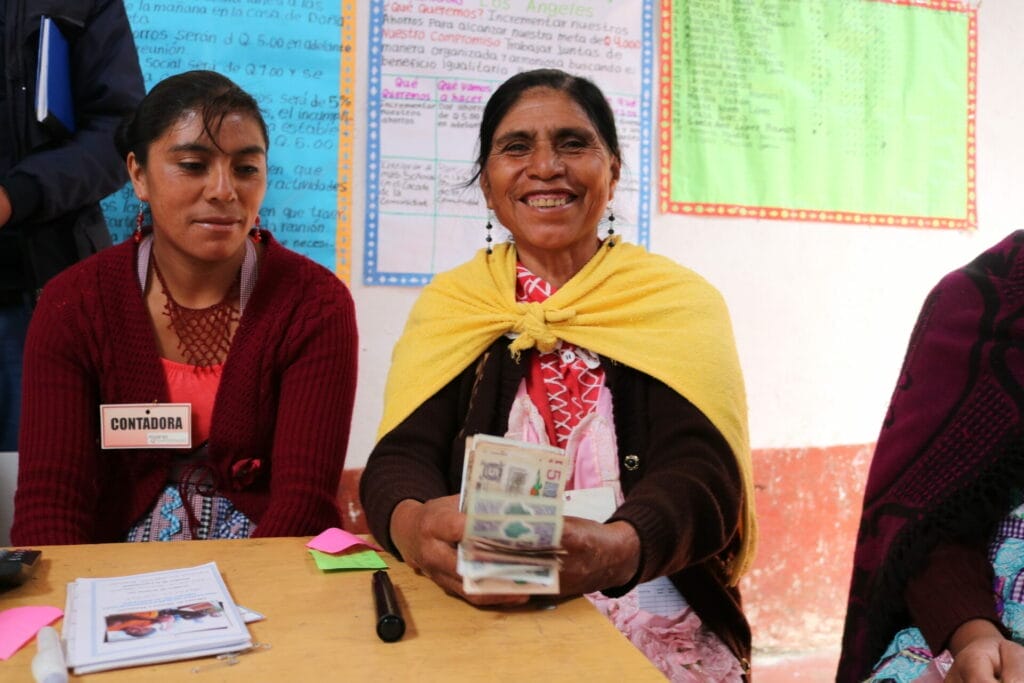Global Communities facilitates transformative community-driven solutions that build resilient, vibrant and healthy communities and neighborhoods. At Global Communities, we recognize the power and importance of measuring and learning from our experiences and results. This focus on measurement and learning is consistent with our core value of transparency and our commitment to working with our partners and communities to create long-lasting meaningful change together.
Using data and evidence in our programs helps us to understand what is working and what we need to shift to improve our program implementation and quality. Understanding what is working and what is not–which often requires asking hard questions and rethinking our response–is also part of our commitment to transparency and accountability to our stakeholders, including our program participants and partners as well as our donors. Our program results data also helps us apply insights from one project to another and to make meaningful contributions through our thought leadership.

Participatory Monitoring and Evaluation Approaches
Global Communities balances the need for rigorous evidence of achieved outcomes with the very real challenges of assessing impact in complex and dynamic contexts by using an innovative, people-centric approach to identify and evaluate the wider effects of our programming. We use a range of participatory impact assessment methodologies, including community-defined indicators, Outcome Harvesting, Most Significant Change Approach, and Pairwise Sort and Ranking, that combine a variety of thought-provoking quantitative and qualitative tools and approaches with more traditional performance, end line, and ex-post evaluation methods. As a result, we are better able to demonstrate the lasting impact that our interventions have on peoples’ lives, capture both intended and unintended outcomes, understand gender-specific perspectives and experiences, and create an opportunity for strong learning partnerships between implementing partners, donors and program participants at all levels.

Effective Use of Monitoring, Evaluation and Learning Technology
As Global Communities continues on the road to digitization, we work to effectively integrate technology into our programs as a tool to enable learning and adaptation. This includes:
- A focus on mobile data collection in programs, to ensure the quality, timeliness and accessibility of data.
- Strengthening digital skills at multiple levels, especially in the management of data.
- Leveraging tools such as data visualization platforms to facilitate understanding and applying information, not only in our program data but also with operational information.
- Investing in enterprise systems to better manage, link, access and use data.
Our experience and expertise in using Monitoring, Evaluation and Learning Technology has been instrumental in helping us adapt to the rapidly changing context as a result of COVID-19, in particular helping us to collect data virtually, often in real time, to monitor changing needs and progress on the ground. Across the organization, we continue to adopt and align with international standards and best practices for use of technology.

Data-Driven Decision Making and Learning
Whether framed as Collaboration, Learning, and Adaptation, Adaptive Management, or Continuous Measurement and Learning, Global Communities aims to produce quality data, promote regular review and use of data by key stakeholders, and improve subsequent decision-making across all its programming. We go beyond traditional or donor-required monitoring and evaluation activities by applying appropriate management and technologies for accessible and timely data and identify and set quality benchmarks to maximize outcomes and impacts. More recently, Global Communities has collected—and continues to collect—various types of data on the impact of COVID-19 in our project communities to regularly inform ongoing adaptation and response in our programming. In many programs, our teams have worked to collect and utilize data on a more ongoing basis, and this approach has enabled our programs to be more agile and fine-tune programmatic strategies and messages on a more frequent, regular basis.

Rigorous and Ethical Research
In all research activities, we apply rigorous methods of investigation and utilize evidence to expand technical knowledge, solve implementation challenges, improve effectiveness and advance the state of the art. Global Communities has a range of robust partnerships with academic and non-governmental partners to advance research goals. Global Communities also maintains its own Institutional Review Board to protect the rights and welfare of human subjects involved in research activities conducted throughout the organization. A list of recent reports and manuscripts from Global Communities’ research can be found in our Resource Library.
Knowledge Management
Knowledge Management supports our efforts to learn more intentionally by facilitating the generation, capture, dissemination and application of data, information and knowledge through the effective use of tools, activities and processes. This improves knowledge flow within Global Communities by connecting our experienced staff with critical knowledge to inform decision-making in pursuit of strategic goals. Global Communities captures and shares this knowledge in a variety of ways, including our suite of knowledge products, which includes case studies, activity and learning briefs, white papers, midterm and impact evaluations and videos. We also share and facilitate the adoption of good programmatic practices through knowledge sharing events and collaborative learning opportunities.
TESTIMONIAL
Ongoing monitoring efforts provided evidence about effective activities and informed decision-making around resource allocations. This rapidly-sourced information was put to immediate use, supplementing evidence from longer term evaluation and research efforts. Global Communities’ commitment to activities that were grounded in evidence-based health solutions worked hand-in-hand with their CLA approach to help establish community trust, change behaviors, and ultimately reduce Ebola infections.
- USAID LEARN Team, as part of a deep dive analysis into Global Communities’ Collaborating, Learning and Adapting (CLA) case competition, referring to our response to the Ebola crisis in Liberia.
Our Approach
Global Communities’ commitment to operational and programmatic excellence demands continuous improvement in our ability to document, analyze and apply learning at the project, technical sector and organizational levels, and to share our reflections with stakeholders, practitioners and policymakers. At Global Communities, we invest in an organization-wide approach to measurement and evidence for learning and impact in our programming to improve our ability to:
- Collect relevant, actionable data to support adaptive management and data-driven decision making and to measure the impact of our programs.
- Appropriately leverage technology to improve the efficiency, quality and accessibility of data collected.
- Ensure monitoring and evaluation findings are effectively utilized and applied to design and improve programs.
- Promote and support the design, implementation and utilization of rigorous and ethical research that improves program delivery and expands evidence.
- Share our learning with staff, program participants, local stakeholders and the broader development community and policymakers.
Resources
Briefs & Case Studies
Addressing Sanitation Market Challenges
Through the Enhancing Water, Sanitation, and Hygiene (En-WASH) program, USAID Ghana is helping to increase access to sustainable and affordable sanitation in six regions of northern Ghana by identifying solutions to motivate the private sector to work towards closing the service delivery gap.
NEWS
Latest stories from the blog

Living Out Our Mission in a Changing World
In 2025, global crises are escalating and the dramatic rollback of U.S. foreign assistance has deepened the urgency. Millions of people are at risk of …
Read More
Innovation in Action: A Q&A with Radhika Bhavsar on Driving Positive Impact
By Maureen Simpson If you ask Radhika “Rad” Bhavsar, innovation is meant to be uncomfortable. Valuable breakthroughs and insights rarely come packaged without this necessary …
Read More
Five Reasons Why School Meals Matter
School meals are more than just a plate of food; they are the cornerstone of nurturing the next generation in places around the world where …
Read More

